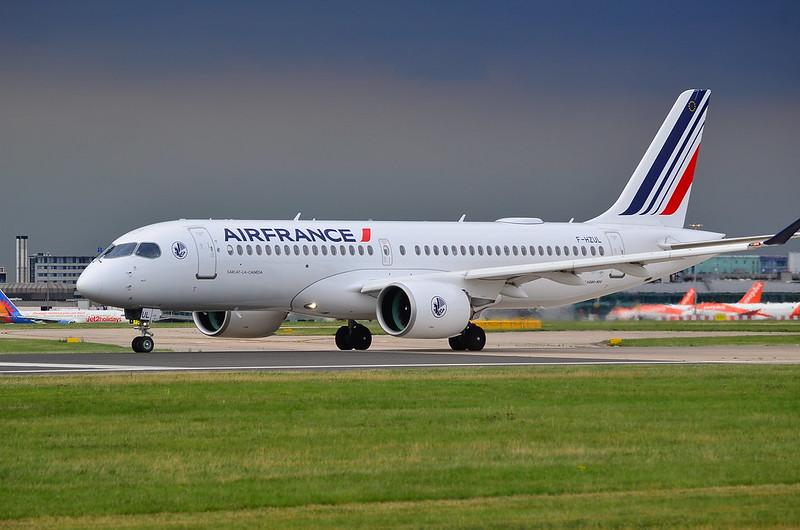
Fluid and electromechanical control specialist Circor is targeting the aftermarket as a key part of its long-term growth plans, the company said.
Circor—which supplies products such as valves, pressure switches, couplings and power modules to major civil and defense programs including several Airbus and Boeing commercial aircraft—generates 25-30% of its aerospace and defense revenues from the aftermarket. Company executives believe this percentage can grow as airline traffic recovers, generating maintenance demand.
“We continue to focus on increasing our global aftermarket and deploying value-based pricing across the segment, both of which will contribute to growth and margin expansion,” President and CEO Tony Najjar said on a Sept. 30 earnings call.
Circor and its subsidiaries, including Circor Aerospace, Circor France and Aerodyne, generated $191.3 million in its most recent quarter, which ended July 3. About 35% of its business comes from aerospace and defense customers.
The company has been eyeing commercial aftermarket growth opportunities for several years, and the projected steady increase in global flight activity should provide them. On the original equipment side, airframers’ eagerness to increase production rates offers a similarly promising chance to boost aerospace sales.
“We are seeing a strong recovery, driven by the single-aisle platforms. We are on the [Airbus] A320, [Boeing] 737 and the A220, which is a growth platform. Our discussions with our customers say that they continue to expect to increase rates,” Najjar said. “However, the risk is, how fast can the supply chain ramp up? We’ve done our own analysis internally; we’ve worked with our suppliers to analyze their capacity to the extent possible. We don’t see any restrictions from our end to be able to support the ramp rates that Boeing and Airbus are talking about. So, assuming the whole supply chain can support the growth, we expect to continue to benefit from that.”
The company’s defense business has been hampered by “a slowdown in government spending on spare parts as well as some delays on key programs which impacted our revenues in 2021,” Najjair said. “However, we expect a return to near-term and long-term growth in this end market driven by our positions on key U.S. defense programs,” including the Lockheed Martin F-35.

